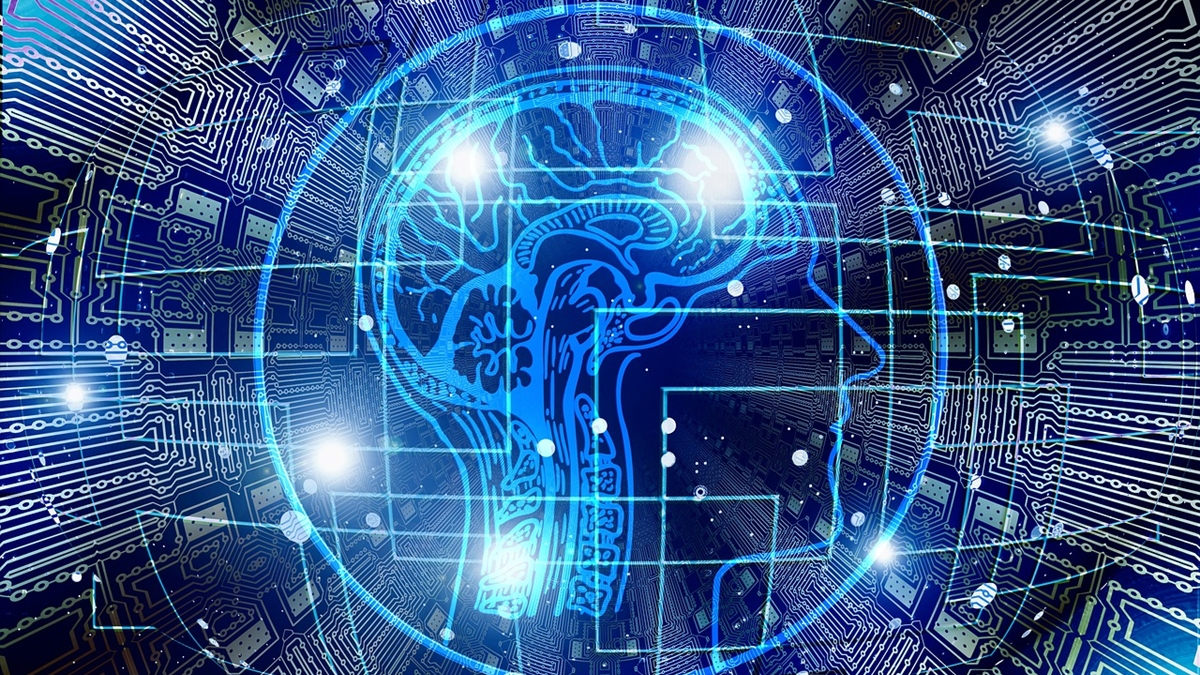We refer to artificial intelligence as a set of algorithms that include techniques from computer graphics, robotics, control theory, and computer science created to generate automatic responsive and intelligent behaviors. The latest technological developments have caused serious growth in AI systems. They have been tested across so many different aspects but left the biggest impression on the world of video games.
Whereas there is still plenty of room for investigations on the matter, we have to say there are aspects in which artificial intelligence is still powerless when going head to head with humans. Global Poker is one such field because of the psychological aspect of the game. Bluffing seriously complicates things for machines exploiting their weaknesses to the max. Given poker is such a simple, yet at the same time complex game, one can’t always rely on mathematical solutions to get out as a winner. We’ll discuss more this specific theme down below. For now, let’s focus on the opposite scenario – the games where people do not stand a chance against a robot.
Where did artificial intelligence beat humans?
Contents [show]
AI proved to be better than people at board games such as Go and chess. It has also set incredibly high scores in a series of classic PC games. Non-player characters also run extraordinary against human opposition in games like Dota 2 or StarCraft 2. We’ve come to the point where even professional players are incapable of even challenging the computer characters who would always find a smarter move to outplay them. Chess is a perfect example of such a statement.
Chess is definitive. There is always the best move there. Regardless of what you (or any professional player) do, the computer will do better. It will find the best move based on an astronomically high amount of data, much higher than a human brain can take. Machines are capable of analyzing each move and pick the best possible one in seconds.
Poker as a perfect example of the AI imperfection
Texas Hold’em poker is the most popular game type, featuring two face-down cards dealt to all players and five community cards that come out in three separate stages (flop, turn, and river). Although proper mathematical calculations can affect the outcome of the game on a large scale, the nature of the game itself gives professional players the edge against an artificial intelligence counterpart.
In poker you don’t bet the cards, you bet the player instead. Adapting to distinct players’ strategies sometimes makes all the difference between winning and losing. Knowing that someone is “tight” and plays only ultra-strong hands, while others are “loose” and will call almost any bet provides the crucial information you need to have in order to stay profitable.
The sky is the limit for AI systems
Unfortunately for poker players, the artificial intelligence has not said its final word yet. It can be adjusted to do much more than it did in early beginnings and it can be modified to be in a position where professional players won’t stand a chance against robots. As a matter of fact, there are lots of players who learn different poker strategies via artificial intelligence. Even nowadays, AI players are much more likely to beat ordinary humans in poker.
The same can be applied to every other sphere of life. Although there are plenty of life segments the artificial intelligence has never even tried to explore, the rapid and constant rise of technologies will bring us to the point where more and more humans are going to be replaced by robots. We can discuss whether or not we can look at it as something positive or negative, but we can’t deny the impact it has already left and will leave to a much greater extent in times to come.


